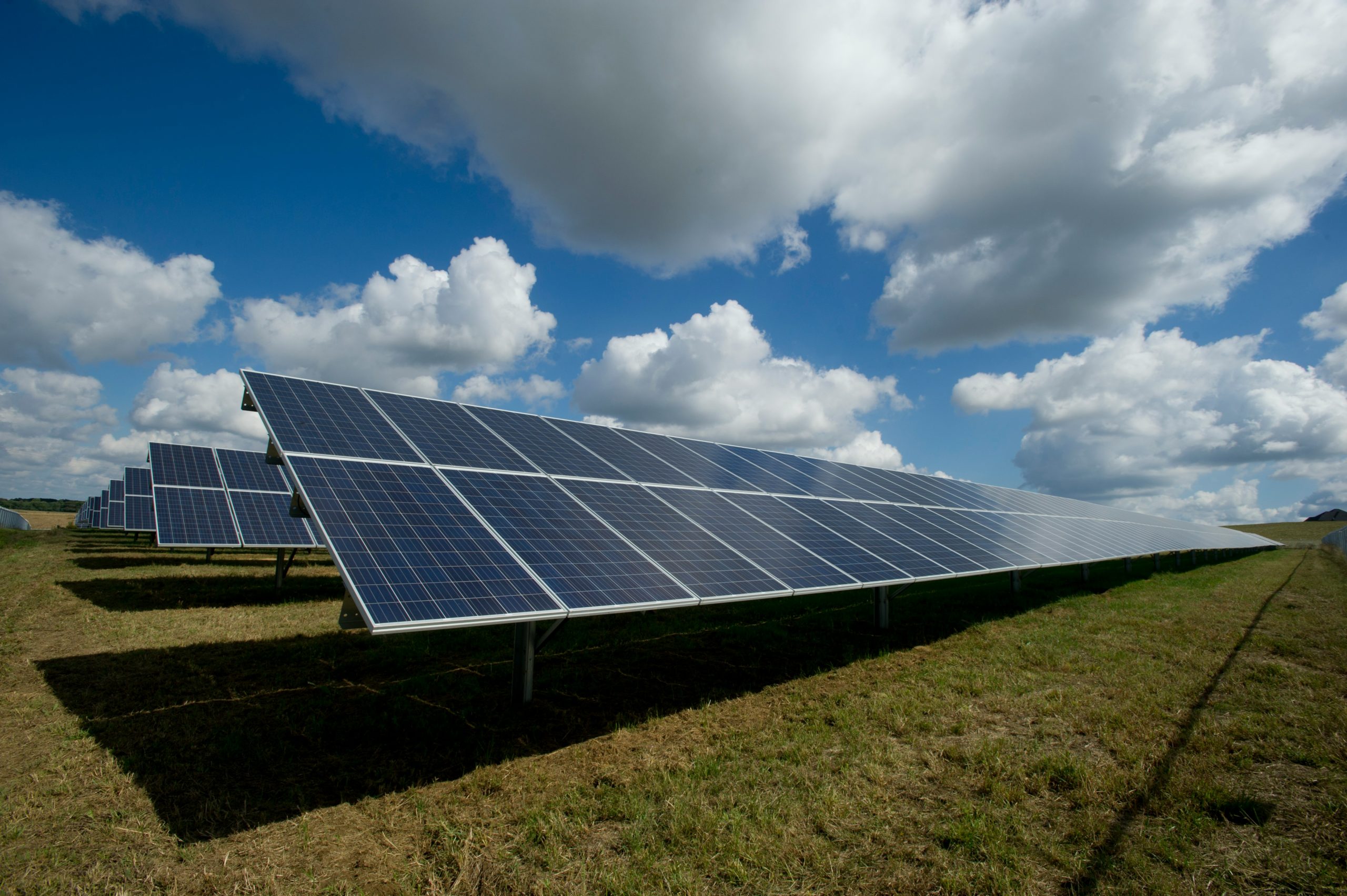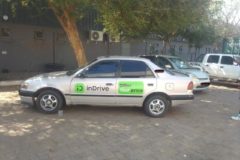Hohm Energy, the South African solar company that announced a $8 million seed round in February, is currently not operational due to cash flow problems and an inability to service existing debts.
The company has entered business rescue, a process that helps financially distressed companies get help, and has laid off an undisclosed number of employees. Under South African law, business rescue lasts three months. Within that time, a business rescue practitioner must investigate the company’s affairs, convene a meeting of creditors, and advise on the company’s prospects.
“We are working with legal counsel to get a better understanding of a way forward, but Hohm is currently not trading,” Franc Gray, CEO of Hohm’s parent company, Spark Energy, told TechCabal.
CEO Tim Ohlsen left the company last week, people familiar with the matter said.
After Ohlsen’s resignation, managing director Ryan Steytler took over the company leadership and decided to put the business into business rescue. Gray alleges Steytler made the decision unilaterally and against shareholder advice.
Steytler and Ohlsen could not be reached for comments.
Founded in 2021, Hohm Energy’s flagship product is a solar marketplace that lets customers digitally determine their solar energy requirements and access loans for rooftop solar installation.
The platform also enabled solar installers to design, manage, and finance projects. As South Africa’s load shedding worsened, renewable energy alternatives like Hohm enjoyed more demand.
By February 2024, the company claimed to have generated over 17,000 custom solar rooftop designs worth $190M and $90M in financing applications to implement them. Ohlsen told TechCabal in February the company was on track to be profitable by the end of 2024.
Hohm rapidly increased its headcount in anticipation of growing demand for solar, said Bas Hochstenbach, managing partner of E4E Africa, one of Hohm’s investors.
However, as grid electricity improved in South Africa, Hohm’s business started to show the first signs of cracks.
“Hohm had a lot of sticky costs and could not act quickly enough to restructure that cost base as revenue tapered off because of slowing demand for solar,” said Gray.
Hohm also had lax governance structures in its early days which impacted the efficiency of its operating model. It only formed a board in early 2024 ahead of its seed round, said one investor who asked not to be named so they could speak freely.
Gray also claimed there could have been more transparent reporting of the company’s health by Hohm’s management, which would have enabled Spark to offer sufficient help.
“At the moment, the goal is to create the best outcome for all parties concerned in a situation that is not ideal,” one investor said.
Parent company Spark plans to invest more money in the business after the rescue process, but under a new business model and management team.
*Editor’s note: An earlier version of this article referred to Hohm’s parent company as Spark Energy Services. It has now been corrected to Spark Energy.




















